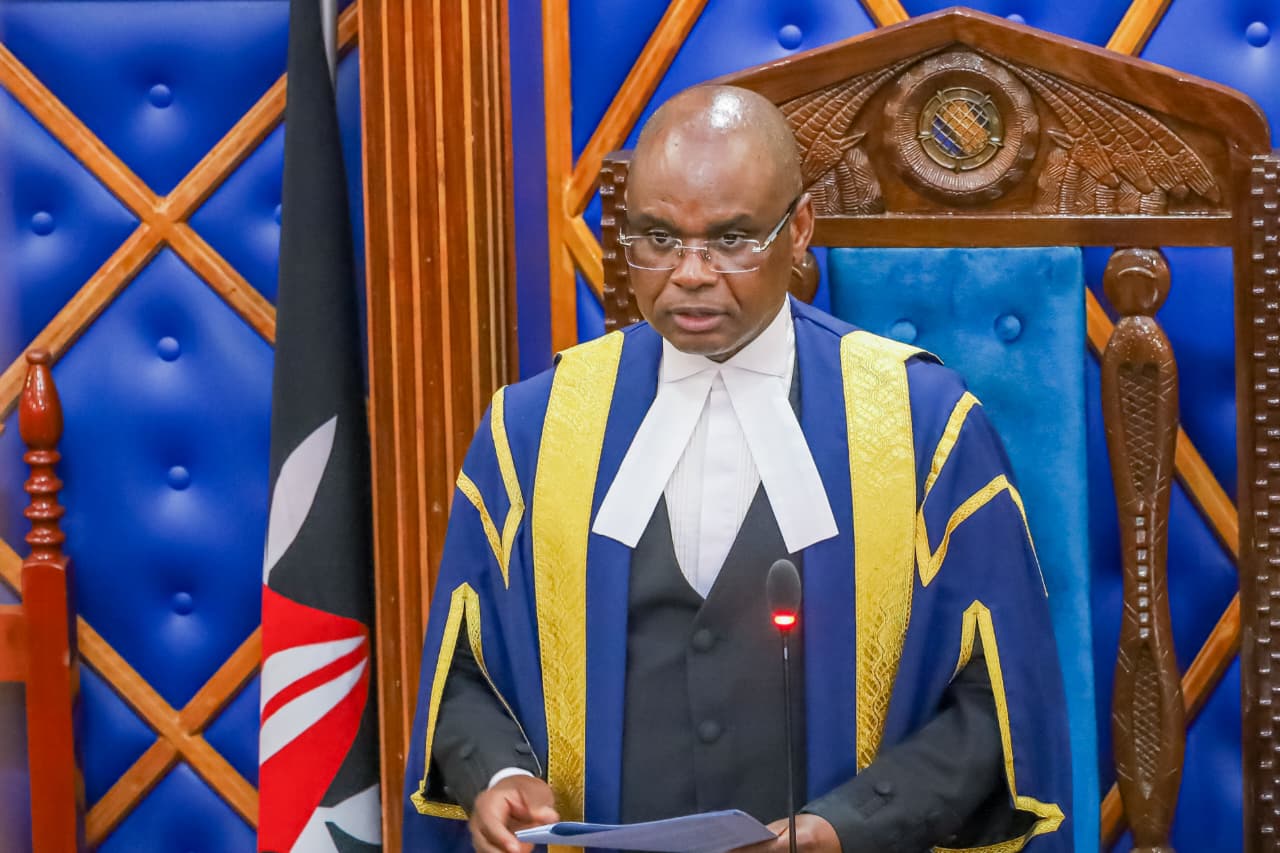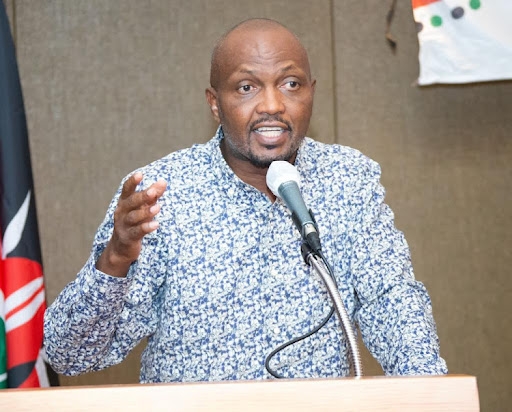
Senate Speaker Amason Kingi has dismissed a preliminary objection filed by Kericho Governor Erick Mutai challenging the validity of his impeachment.
Kingi, in his ruling, ordered that the Senate must hear evidence before deciding on the integrity of the vote that ousted him.
Mutai through his lawyers Katwa Kigei and Peter Wanyama had questioned the manner, procedure, and legality of the county assembly’s impeachment process, arguing that the constitutionally required two-thirds threshold was not met.
Mutai further claimed that the integrity of the electronic voting system used was in doubt, lining up 18 members of the Kericho County Assembly as witnesses to testify on the disputed tally.
In the ruling, Kingi said the questions raised by the governor were not matters of pure law but factual disputes that could only be resolved through evidence and cross-examination.
“This is not to say that the objection raised by the governor is not important. It is indeed fundamental. The Senate must make a determination, one way or the other, whether the threshold for impeachment was met,” Kingi ruled.
He noted that in the previous impeachment attempt against Mutai in October 2024, the Senate only dealt with a legal question, whether the threshold stood at 31 or 32 members of the county assembly, since both sides agreed on the number of votes cast.
In the current proceedings, however, the governor contests not only the tally but also the transparency of the voting process itself.
“The real question before us is only the stage at which that question is mature for determination. Since this matter involves contested facts requiring the adducing of evidence, it will be determined by hearing both parties,” Kingi held.
The Speaker directed that the Senate will, at the conclusion of the impeachment hearings and before voting on the charges, make a finding on whether the two-thirds constitutional threshold of 32 members was met.
Should the Senate find that the threshold was not attained, the proceedings will end immediately, he stated.
“If the threshold is confirmed, the House will then proceed to decide whether the charges against the governor have been substantiated,” he ruled.
Kingi therefore allowed the preliminary objection only to the extent that it was premature, subsuming it into the main impeachment hearing.
“In light of the importance of this question, Senate shall determine the disputed facts prior to making a determination on the impeachment charges. It is so ordered,” he remarked.











